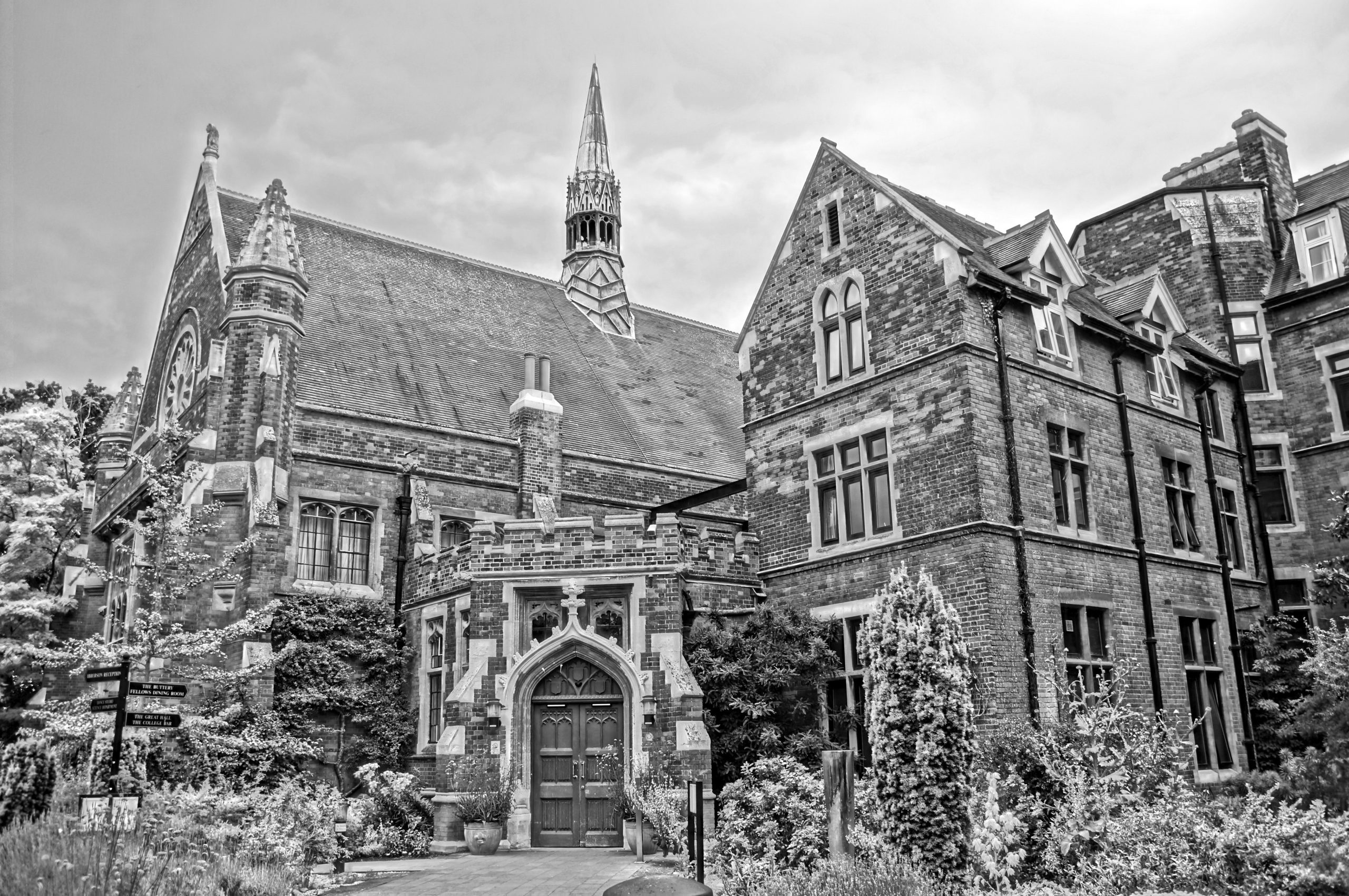As a Cambridge Student, your first interaction with other members of the University tends to be through the College Parent system. Though this may sound odd, it is Cambridge’s system of assigning each newcomer with a set of parents, who are second year students there to provide academic and social support.
However, this was unfortunately not what occurred in my case. Apart from recieving a letter at the start of term, my interaction with my adopted parents was limited, which paled in comparison with friends who had what one might call an “overbearing parent”, where the line between college parent and literal parent becomes blurry at best.
Cambridge’s 4-day ‘freshers week’ was a patchwork of college and university run events which included pastoral care from the University as well as student run, social events. I have gathered from school friends that at other universities, Fresher’s week tends to have its foundations in heavy drinking. However, at Cambridge, events which would usually be alcohol-centric, such as pub golf, were instead tailored to encourage participation from non-drinkers, with a ‘soft drink scorecard’. Granted, my friends found this fairly amusing, but it is testament to the inclusivity of Cambridge’s fresher’s experience.
During this first hectic week I registered my interest in the University Golf and Tennis Teams at the university fair, torn between which I should focus on. However, the decision was made for me following a conversation with the captain of the CUGC (Cambridge University Golf Club) in which he invited me to play in the first Blue’s fixture of the year, against OCUGC which coincided with the Cambridge University Tennis Club’s trials. This vacancy was a result of blues player’s unfortunate shoulder injury, but was a lucky coincidence for me and the beginning of my Cambridge Golf career.
Despite registering my handicap as a solid 7, it had been 2 months since I had last hit a ball, so that figure became irrelevant. Upon hearing my call up to the team (a day before the fixture) I decided to venture to the range. After my first ten shots, my confidence plummeted; I seemed to have the unique ability to perfectly hit and reproduce a low hook ball which has its obvious flaws.
I knew then that the golfing weekend was not going to be one of my greatest sporting achievements. I was right. However, despite playing some questionable golf, the two days was a success socially. I met lots of men with a common love of golf (as well as fine bottles of red) and I had my first taste of CUGC, where you play some of the best golf courses in the world against opposing teams that are not just incredibly friendly, but wholeheartedly welcoming.
Despite the bliss of hitting a small object around a pretty field, and consuming enough Claret to sink a ship, my first lecture of the term dragged me back to reality. Despite the title ‘Land Economy’, which in itself is extremely misrepresentative of a course that is not in fact ‘farming’, and even a few the students on the course were surprised by what we were to study. In the degree we cover 4 papers, which revolves around pure economics, another a pure constitutional law and legal module, with the remaining two being based on mathematical and legal procedures as well as sustainability and development. For me, this is an ideal combination as it allows me to broadly cover several subjects in a way that can’t be done on a single honours course. Some, however, found the course too theoretical in comparison to other, more applied courses such as real estate at Reading, and one of my friends opted to leave after first year despite achieving a 2:1.
I think Land Economy, which encompasses so many different subjects (akin to that of Philosophy, Politics and Economics (PPE) in its variety), is being let down by its title. The association with agricultural studies is misleading, as in reality it is an extremely broad subject which, according to the official university website, “encompasses law and economics, with aspects of the environment, business finance and resource management”. Now, who would not find that interesting?








